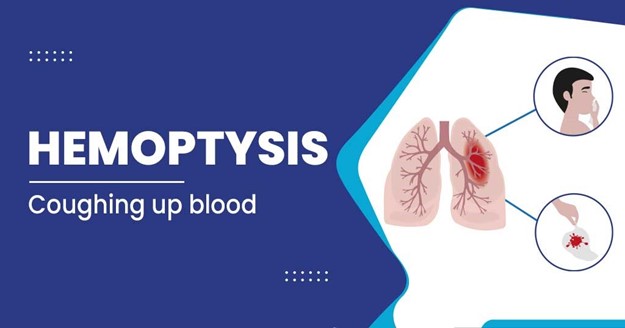A nurse is providing teaching about disease management to a client who has multiple sclerosis. Which of the following statements should the nurse include in the teaching?
"Schedule all physical activities for the morning hours.".
"When taking fingolimod, you should monitor your blood pressure.".
"Avoid rigorous activities that increase body temperature.".
"Corticosteroids should be taken daily for the rest of your life.".
The Correct Answer is C
Choice A rationale:
The nurse should not advise the client with multiple sclerosis to schedule all physical activities for the morning hours. While some individuals with multiple sclerosis may experience increased fatigue later in the day, the best approach is to encourage the client to schedule activities at times when they feel the most energetic and to balance physical activity with rest throughout the day.
Choice B rationale:
Monitoring blood pressure is essential while taking fingolimod, a medication used to treat multiple sclerosis, as it can cause a transient decrease in heart rate and blood pressure.
Therefore, the nurse should include this statement in the teaching to ensure the client's safety and early detection of any issues.
Choice C rationale:
This is the correct statement to include in the teaching. Clients with multiple sclerosis should avoid rigorous activities that increase body temperature, as this can worsen their symptoms due to the sensitivity of demyelinated nerves to heat. Activities such as hot baths or engaging in strenuous exercise in hot weather should be avoided.
Choice D rationale:
Corticosteroids are not typically used as a long-term treatment for multiple sclerosis. Instead, they are used for short courses during exacerbations to reduce inflammation and manage acute symptoms. Long-term use of corticosteroids can lead to significant adverse effects, so the nurse should not include this statement in the teaching.
Nursing Test Bank
Naxlex Comprehensive Predictor Exams
Related Questions
Correct Answer is B
Explanation
Choice A rationale:
An INR (International Normalized Ratio) of 0.8 is within the normal range for someone not on anticoagulation therapy. The aPTT (activated partial thromboplastin time) of 85 seconds is prolonged, but it is not a reason to withhold heparin in itself. Therefore, the nurse should not withhold the medication for these values.
Choice B rationale:
An INR of 2 indicates the client's blood is taking twice as long to clot compared to the average, which can increase the risk of bleeding. The aPTT of 60 seconds is within the normal range. However, the elevated INR suggests the client might be overly anticoagulated, so the nurse should withhold the medication and notify the provider.
Correct Answer is C
Explanation
Choice A rationale:
Expiratory rhonchi are typically associated with conditions such as chronic bronchitis or asthma but are not specific to pulmonary embolism.
Choice B rationale:
Petechiae over the lower extremities is not a characteristic finding in pulmonary embolism. Petechiae are tiny red or purple spots that appear due to bleeding under the skin and may be associated with other conditions like thrombocytopenia.
Choice C rationale:

The correct choice. Hemoptysis, which refers to coughing up blood, is a concerning finding in pulmonary embolism. It occurs due to the obstruction of blood flow in the pulmonary vasculature, leading to blood leaking into the lungs.
Choice D rationale:
Flattened neck veins are more likely to be observed in conditions associated with decreased venous return to the heart, such as hypovolemia or cardiac tamponade, and are not directly related to pulmonary embolism.
Whether you are a student looking to ace your exams or a practicing nurse seeking to enhance your expertise , our nursing education contents will empower you with the confidence and competence to make a difference in the lives of patients and become a respected leader in the healthcare field.
Visit Naxlex, invest in your future and unlock endless possibilities with our unparalleled nursing education contents today
Report Wrong Answer on the Current Question
Do you disagree with the answer? If yes, what is your expected answer? Explain.
Kindly be descriptive with the issue you are facing.
